Author: Lynda Benigno
We have all heard the saying "Patience is a virtue". We live in a world of instant everything, and so we have come to expect immediate gratification. When we find ourselves in a situation that isn't going according to plan or what we want is not provided right away, we tend to feel a flood of emotions. Impatience increases adrenaline, cortisol, and blood pressure that eventually leads to heart disease. You are also more likely to make rash decisions or damage relationships. On the flip side, fostering patience can lead to improved relations, communication, decision making and less stress that affects the mind and body. Patience is a skill that we can learn and with practice becomes a way of being.
Recognize The Moments That Trigger Impatience
Certain situations may arise throughout your day that trigger impatience. Perhaps you are waiting in a long line at the grocery store while on your lunch break or with your kids. You begin to feel angry or irritated. You want to tell the cashier to hurry up, you are on a time crunch, or the kids are having a meltdown. You can't understand why it's taking so long to check out. Making a list of these moments allows you to become conscious of the scenarios in which impatience occurs, so you are better prepared to use healthy coping strategies.
Understand The Feelings That Occur When Impatience Arises
We want to feel comfortable at all times. When impatience appears, it can feel like intolerable emotional pain. When we understand that uncomfortable is different from intolerable, we can better manage our response. Recognizing the feelings that occur is a response to our lack of control over the situation and is not as big as we make it in our heads helps to lessen the impact of the inconvenience you are experiencing.
Work On The Narrative In Your Head
The thoughts you have and the way you talk to yourself has a significant impact on your response to any given situation. If you are standing in a long line, you might think " I can't stand waiting, I have so much to do" or " Why is this line so slow". Perhaps you begin to think about other times you were in a long line and how you felt at that moment. You start to compare that moment with the present moment and feel your emotions heighten. When this thought process begins to occur, slow yourself down. Take a deep breath and acknowledge the thoughts you just had. Remind yourself that you are disappointed in the situation, and it is making you uncomfortable, but that uncomfortable is tolerable. The situation is temporary and in the grand scheme of things is not that big of a deal.
Practice Active Listening
Active listening requires patience. When we actively listen to another person, they feel heard, and our responses are better thought out. When someone is speaking, we tend to prepare our response while they are still talking instead of soaking in everything being said. You can practice active listening by quieting your thoughts and solely concentrating on what you are hearing. When the other person is finished talking, take a moment to think out your response. The conversation slows down, communication improves, and both people feel understood and heard.
Look At The Big Picture
Problem-solving becomes easier and less stressful if you look at it from different angles. Impatience causes us to make quick and sometimes irrational decisions. When you take the time to slow down, explore all of your options and the different outcomes associated with each, you are more likely to make an educated and rational choice. Even if a decision needs to be made quickly, taking a moment to think of the consequences as opposed to jumping to the first thought in your mind is always a better choice.
Desired Outcome and Looking from Another Perspective
We all have the ability to help or hurt in any given situation. When you become impatient, you may lash out. You may shout at the cashier to hurry up, become pushy, demanding and display outward signs of the anger and irritation you feel inside. Doing so will surely make the situation worse and have no benefit to anyone, not even yourself. If you are stuck in traffic on your way to work; yelling at the person in the car in front of you will not speed up your arrival, and furthermore, you have taken your frustration out on someone who also has very little control over the situation. At that moment you have to decide what the desired outcome is. Do you want to arrive at work quickly or do you want to arrive safely? Would an impatient response make the situation better or worse?
Breathe And Be Gentle With Yourself
When you are patient with yourself, you make room for patience with others. When you feel impatience beginning to arise, take a deep breath in and count to ten, then breathe out slowly counting to ten. Allow yourself the room to breathe between tasks throughout the day and remember that everything does not have to be done right now or in quick succession. In a world of now, slowing down may be just what you need.
The opinions expressed in this article are of the author and not intended to diagnose, treat or cure any physical or mental condition. If you are struggling, please contact your healthcare provider, the National Suicide Prevention Hotline at 1-800-273-8255 or the Stepping Stone Community Services at 330-577-6656.




















